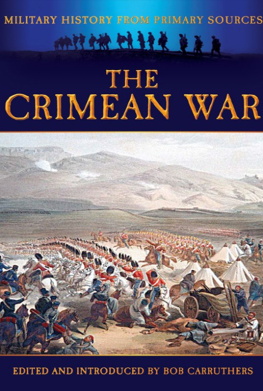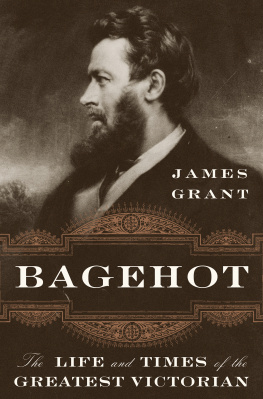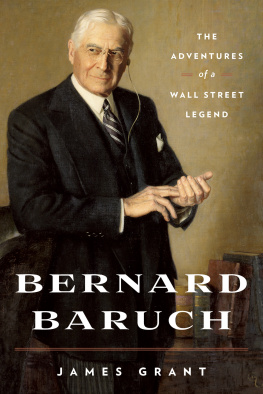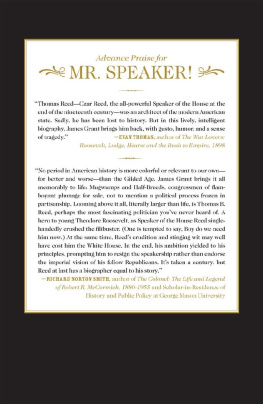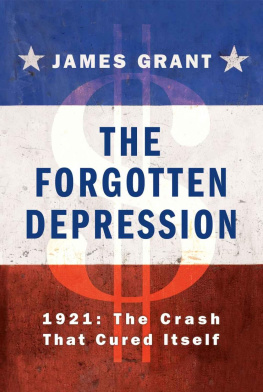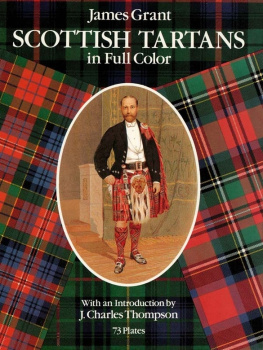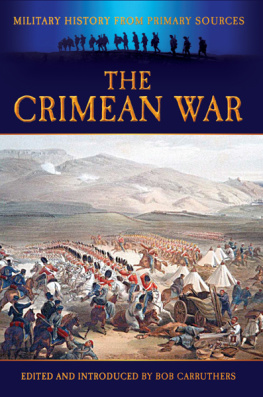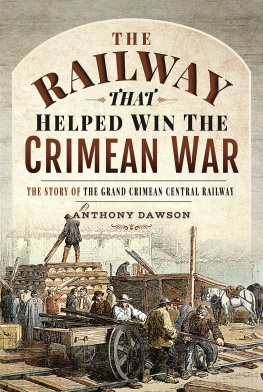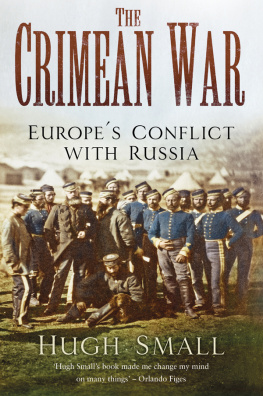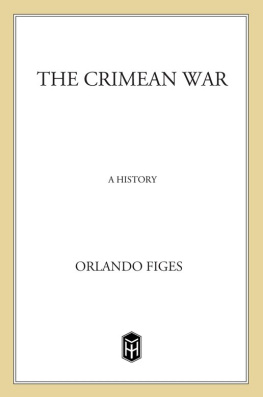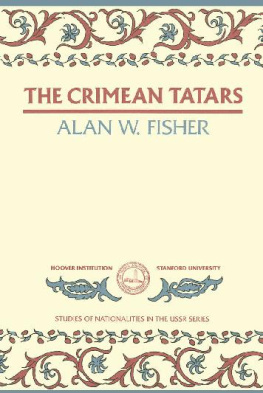This edition published in 2013 by
Pen & Sword Military
An imprint of
Pen & Sword Books Ltd
47 Church Street
Barnsley
South Yorkshire
S70 2AS
First published in Great Britain in 2012 in digital format by
Coda Books Ltd.
Copyright Coda Books Ltd, 2012
Published under licence by Pen & Sword Books Ltd.
ISBN 978 1 78159 235 9
eISBN 9781473846876
This book contains an extract from British Battles on Land and Sea by James Grant. Published by Cassell and Company Limited, 1894.
A CIP catalogue record for this book is
available from the British Library
All rights reserved. No part of this book may be reproduced or transmitted in any form or by any means, electronic or mechanical including photocopying, recording or by any information storage and retrieval system, without permission from the Publisher in writing.
Printed and bound in India
By Replika Press Pvt. Ltd.
Pen & Sword Books Ltd incorporates the Imprints of Pen & Sword Aviation, Pen & Sword Family History, Pen & Sword Maritime, Pen & Sword Military, Pen & Sword Discovery, Pen & Sword Politics, Pen & Sword Atlas, Pen & Sword Archaeology, Wharncliffe Local History, Wharncliffe True Crime, Wharncliffe Transport, Pen & Sword Select, Pen & Sword Military Classics, Leo Cooper, The Praetorian Press, Claymore Press, Remember When, Seaforth Publishing and Frontline Publishing
For a complete list of Pen & Sword titles please contact
PEN & SWORD BOOKS LIMITED
47 Church Street, Barnsley, South Yorkshire, S70 2AS, England
E-mail: enquiries@pen-and-sword.co.uk
Website: www.pen-and-sword.co.uk
CONTENTS
INTRODUCTION
J ames Grant was a prolific author who produced a huge volume of books on military and historical subjects in the latter half of the nineteenth century. The material here was first published in 1894, only 40 years after the end of the Crimean War, at a time when many of the participants were still in their sixties. Grant therefore had access to the primary source interviews which are now lost forever.
Originally published as part of the Cassells series British Battles on Land and Sea , it presents the reader with an intriguing insight into how contemporary writers addressed their subject. They say the past is another country and that is certainly true in this instance. Mr. Grants work is clearly of its time and reflects the attitudes of the day which were unashamedly xenophobic, jingoistic and militaristic. It nonetheless repays the reader with a unique window on the past, bringing the long lost world of Victorian Imperialism into focus.
The engravings and illustrations are late nineteenth century and are reproduced as close as possible to how they originally appeared. Not all the engravings were produced by eye witnesses, but they certainly were scrutinised by survivors of the campaign. The works of imagination depicting the brave Red Coats in the thick of the action are fairly obviously embroidered and romanticised, but the portraits, landscapes and depictions of everyday soldiering all have a period flavour which reflects that the events were still within living memory. These wonderful engravings provide a direct link with the past and together with Mr. Grants period text produce an absorbing account of the Crimean War through Victorian eyes.
Bob Carruthers
- CHAPTER I -
BOARDMENT OF ODESSA, 1854
S ince the battle of Waterloo, peace had reigned in Europe; but the 28th of March, 1854, saw Britain once more at war. The battles in Cabul and Central India were too remote in their influences and scene operation to kindle great national enthusiasm, and since the day of carnage around Mont St. Jean, ours had been a land of peace; but at the very time when Wellington, the hero of so many past glories, was being borne to his last home, by the side of Nelson, the nation could little foresee that the seeds of another conflict were germinating, and on Russian soil.
A petty dispute about what was called the custody of the Holy Places: the guardianship of the various churches and shrines in Jerusalem and Bethlehem, of which France became protector by a treaty in 1740, swelled by the degrees into a great aggression on the part of Russia, when, on the 5th of May, 1853, Prince Menschikoff presented an ultimatum, demanding the acknowledgement of a Russian protectorate over all Greek subjects of the Turkish Empire; an assertion of sovereignty over nearly four-fifths of its people. The obscure squabble between the priests of the rival churches in the Holy City thus suddenly became a vast European difficulty. Britain, Austria, France and Prussia, felt themselves bound to interference of the balance of power.
On the 26th June, the Emperor Nicholas announced his intention of occupying the Danubian principalities of Wallachia and Moldavia, as material guarantees, and an army corps, under general Dannenberg, entered the latter state. Several attempts were made by the Western powers to arrange the growing quarrel; but the Sultan remained firm, after giving the Russian invaders fifteen days to evacuate the Principalities, Omar Pasha, a Croatian peasant, who had risen to be generalissimo of the Ottoman army, with a force of 120,00 strong, established his head-quarters at Shumla, awaiting the expiration of the guaranteed time, to oppose the large army that now occupied the two principalities.
On the 27th of March 1854. Queen Victoria, in a message to both Houses of parliament, stated that she felt bound to afford active assistance to her ally, the Sultan, against unprovoked aggression; and on the following day war was declared in the usual form, by the heralds of London and at Edinburgh. The Emperor napoleon also declared war. In anticipation of these declarations, which had long been deemed inevitable, our Mediterranean fleet had anchored outside the entrance of the Dardanelles, where it was soon joined by the French; and one of the most powerful squadrons that had ever left the British isles, led by old Sir Charles Napier, passed into the Baltic, there to threaten the great fortress of Russia, and await the tide of events.
Meanwhile, each country prepared an expeditionary army for the Eats, and the British contingent, physically and morally one of the most splendid armies that ever marched under the British colours, departed, under the command of Lord Raglan, for the seat of war. He was accompanied, as generals of division, by men whose names stood high in our military annals, and by brigadiers who were second to none in skill and bravery. In Britain, public feeling was greatly heightened by the production of the famous Secret Correspondence, in which the ambitious Nicholas coolly proposed to us the partition of Turkey, and the division of that empire between himself and the Queen; and this honest indignation was in no way diminished, when it was discovered that exactly similar overtures had been made to France, and that in these Britain had been carefully kept out of the bargain. The entire mass of our people became unanimous for war; and for the first time since the Crusades, Britons and Frenchmen stood side by side as allies. Marshal St. Arnaud, resigning his post as Minister of War, led the French army; his second in command being General Canrobert, a native of Brittany, who had won the highest distinction during the wars in Algeria, at the head of the 3rd Light Infantry.
On the 3rd of January, 1854, the combined British and French fleet, under the command of Vice-Admiral Dundas, entered the Black Sea, and on the 22nd of April, there ensued the first great act in the terrible drama of the new war - the bombardment of Odessa, a city with fully a hundred thousand inhabitants, who are wont to boast of it as the Russian Florence.


